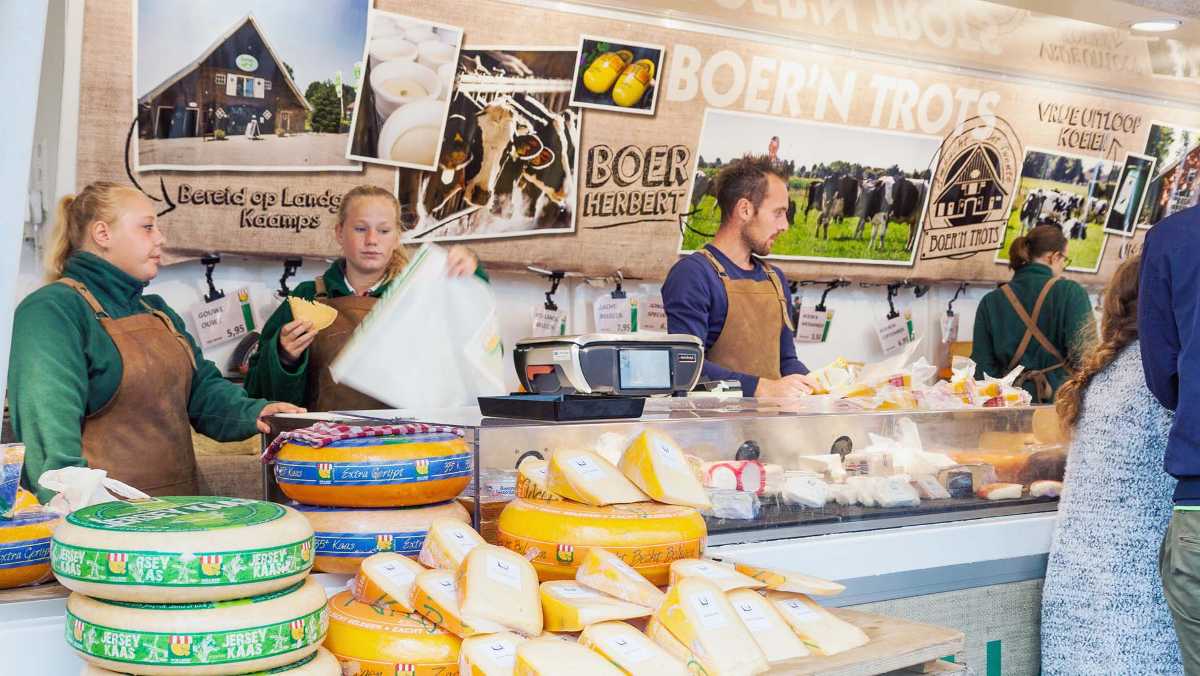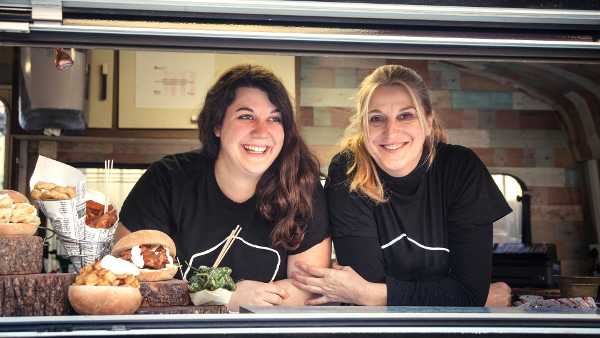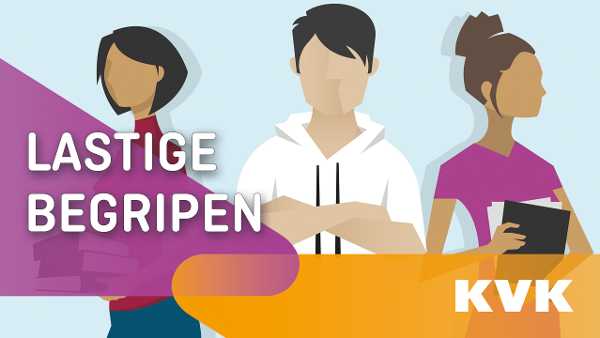How to start a market stall

- Jozy Gallmann
- The basis
- Edited 9 May 2025
- 4 min
- Starting
Are you starting out with a market stall? Then you will have to deal with permits and safety and food safety requirements. Find out what you need to pay attention to when starting a market stall.
What do you need to do and arrange when starting a business?
Find out with the 'Personal to-do list' on Business.gov.nl. Answer the questions and see the steps that are important in your situation.
- Register with KVK
- What does a market stall cost?
- Rules and regulations
- Apply for a licence
- Zero-emission zones
- What driving licence do you need?
- Payment: cash or pin
- Sector organisation
- General information for starters
Register with KVK
If you want to start a market stall, register your business at KVK. Check the criteria for entrepreneurs, so that you know whether you are an entrepreneur. When you register, you also choose a legal . Most starters choose an eenmanszaak (sole proprietorship) or a vof (general partnership), if they start a business together with someone.
What does a market stall cost?
The cost of a market stall depends on the type: from 200 euros for a simple stall to 100,000 euros for a luxury mobile sales vehicle. You can also rent a stall. In that case, you often pay per day. In addition to these costs, you will also have to deal with the following:
- Procurement of products
- Refrigeration for fresh products
- Licences
- Connection for water and electricity
- Insurance
- Transport
- Storage of your products and stall
- Maintenance of your market stall
Market money
Everyone with a stand at a weekly market pays market fees. These costs differ per municipality and often there is a difference between fixed and loose market stalls. The size of your stall determines how much you have to pay for the spot. Market fees are separate from the costs for a permit to stand on the market.
In addition, you often pay for electricity costs. Some municipalities also require you to take out market insurance. Market insurance will pay for damage you cause to others. For example, when you are using or dismantling your stall or sales van.
Rules and regulations
Do you sell food? Then you must comply with the HACCP food safety requirements and draw up a food safety plan. The Dutch Food and Consumer Product Safety Authority (NVWA) checks whether you comply with the HACCP.
You will probably also have to deal with these laws and regulations:
- The Commodities contains general rules on public health, product safety, fair trade and good information. The rules apply to all consumer products.
- Many products must have a CE .
- Do you work with food products? Rules apply to the label on your product. Read on whether these also apply to your product.
Also check the rules for .
Safety requirements
Market stalls are subject to safety requirements in order to be safe at the market. Your market stall must be able to withstand wind, so make sure it is sturdy. Also ensure fire safety. A Risk Assessment and (in Dutch) will help you limit occupational risks such as illness or accidents.
Apply for a licence
Before you can stand at a market or location, you must apply for a permit from the municipality. A market entitles you to a stall at a regular (often weekly) market. A market trader's allows you to sell from your stall or wagon on a separate site or on the public road.
Hawking is selling products or services on the street (without a fixed stand) or at the door. To do this according to the rules, you need a street trader's in some municipalities. In other municipalities, you only need to report it. The conditions for this permit or notification differ from one municipality to another.
Do you sell your products in a food hall or market hall? Then you do not fall under street trading and do not need a market permit.
Zero-emission zones
From 2025, municipalities may introduce zero-emission . Only vans and trucks that are zero-emission are allowed in these areas. Also, a number of municipalities in the Netherlands already have environmental zones. You are not welcome there with a diesel vehicle. Before buying a car, familiarise yourself with these rules and find out whether they apply to the (in Dutch) where you want to sell.
What driving licence do you need?
You probably transport your products in a van or truck. To drive these, you need an additional driving licence (BE, C, or C1). If you want to transport up to 3500 kilos in your van, you do need a B driving licence.
Arrange a parking space for your truck or van during market hours. At those times, your truck can be parked on its own property. Or perhaps in an enclosed or refrigerated area.
Payment: cash or pin
Your customers pay at your market stall in cash or by pin. Pin payments are safe and fast, especially now that many customers pay contactless. A (mobile) cash machine is needed for debit card and contactless payments. Use a cash register that complies with the Keurmerk Betrouwbare (Quality Mark Reliable Payment Systems, in Dutch).
Sector organisation
The Centrale Vereniging voor Ambulante Handel (Central Ambulant Trade Association, CVAH) is the sector organisation for market traders. They provide courses and workshops and organise activities and networking events. Joining an industry association can help you meet other members and keep up with the developments in your industry. You can also sometimes participate in joint purchasing programmes through these organisations, which means you end up paying less for your purchases.
General information for starters
In addition to the above topics, as a start-up you will also have to deal with:


